Photocopier contracts can often seem as complex as a maze, but navigating them successfully is essential for optimizing your office’s productivity and budget. To streamline your decision-making process, focus on these key elements:
- Understand the Agreement: Know whether you’re leasing or purchasing.
- Identify Included Services: Look for maintenance and support specifics.
- Review Cost Components: Get clarity on all costs, from fees to overages.
- Consider Contract Flexibility: Ensure terms align with your business needs.
Choosing the right photocopier contract is a pivotal decision that extends far beyond the printer itself. It’s about ensuring efficiency, reducing unnecessary costs, and enhancing office operations.
Taking the time to compare contracts allows you to find a provider that not only meets your immediate needs but also supports your long-term business goals. Each element of the contract holds a piece of the puzzle that can either drive productivity or cause friction in office operations.
Understanding Photocopier Contracts
Navigating photocopier contracts can feel daunting, but breaking them down into key parts makes it manageable. Here’s what you need to know about lease agreements, service agreements, and cost components.
Lease Agreements
A lease agreement works like renting a car. You pay monthly for a copier over a set time. This spreads out the cost, so you don’t have to pay everything upfront. There are three common types of lease agreements:
- Fair Market Value (FMV): At the end, you can buy the copier at its market value. It’s flexible and usually the cheapest monthly.
- Fixed Purchase Option: You can buy the copier for a set price agreed at the start. This gives you a clear path to ownership.
- Installment Purchase: You pay in installments, aiming to own the copier outright once payments finish. No long-term lease ties.
Service Agreements
Service agreements outline what support you get with your copier. They often include:
- Maintenance and Repairs: Covers routine check-ups and fixing issues.
- Toner and Consumables: Provides necessary supplies like toner.
- Network Support: Helps with connectivity issues.
Before signing, ensure the agreement covers everything your office needs to avoid surprise costs.
Cost Components
Understanding the costs in photocopier contracts is crucial to avoid budget surprises. Key components include:
- Monthly Fees: Regular payments for leasing the copier.
- Overage Charges: Extra fees if you exceed agreed print volumes.
- Additional Fees: Costs for parts, labor, or special services not covered in the basic agreement.
By breaking down these components, you can better compare contracts and choose the right one for your office. This understanding will help you align the contract with your business needs, ensuring both cost-effectiveness and productivity.
In the next section, we will explore the key elements to compare in photocopier contracts, focusing on fees, maintenance, and more.
Key Elements to Compare in Photocopier Contracts
When you’re comparing photocopier contracts, it’s important to focus on several key elements. These will help you understand what you’re paying for and ensure you get the best deal for your business.
Monthly Fees
Monthly fees are the regular payments you make for leasing the copier. They can vary based on the type of lease agreement you choose—Fair Market Value, Fixed Purchase Option, or Installment Purchase. It’s crucial to compare these fees across different contracts to find one that fits your budget.
- Tip: Look for any hidden costs that might inflate your monthly payments, such as insurance fees or taxes.
Maintenance
Maintenance is a vital part of any copier contract. It covers routine check-ups and repairs, ensuring your copier runs smoothly. Some contracts include maintenance as part of the monthly fee, while others charge separately.
- Tip: Ensure that the maintenance plan includes preventive services, which cover supplies, parts, and training. This can save you from unexpected costs down the line.
Overage Charges
Overage charges apply when you exceed the agreed print volume. These can add up quickly, especially if your business prints a lot.
- Tip: Choose a contract that aligns with your monthly print needs to avoid these extra charges. Some contracts offer flexible plans that adjust to your usage.
Contract Terms
Contract terms refer to the length of the lease. Most contracts range from 3 to 5 years. Shorter terms might mean higher monthly fees, but they offer more flexibility if you want to upgrade to newer technology.
- Tip: Consider your business’s long-term needs. If you plan to grow, a shorter term might be better so you can upgrade as needed.
Cancellation Policies
Cancellation policies outline what happens if you need to end the lease early. Some contracts have hefty penalties for early termination, while others are more forgiving.
- Tip: Read the fine print. Understand the financial implications of canceling a contract before signing. This can save you from unexpected costs if your business needs change.
By focusing on these elements, you can effectively compare photocopier contracts and choose the one that best suits your business needs. This careful comparison will help ensure cost-effectiveness and maintain productivity.
In the next section, we’ll dive into the types of photocopier lease agreements to further guide your decision-making process.
Types of Photocopier Lease Agreements
When exploring photocopier contracts, understand the different types of lease agreements available. These options can significantly impact your monthly costs and long-term ownership of the machine. Let’s break down the three most common types: Fair Market Value, Fixed Purchase Option, and Installment Purchase.
Fair Market Value (FMV)
A Fair Market Value lease, also known as an Operating Lease, is a flexible option for businesses that prefer not to commit to full ownership of a copier. Here’s how it works:
- End-of-Lease Option: At the end of the lease term, you have the option to purchase the copier at its fair market value. However, there’s no obligation to buy.
- Cost-Effectiveness: FMV leases usually come with lower monthly payments, making them a budget-friendly choice.
This type of lease is ideal for businesses that want the latest technology without the commitment of ownership.
Fixed Purchase Option
The Fixed Purchase Option, also called a Term Lease or Dollar Buyout Lease, is for those who eventually want to own their copier. Here’s what you need to know:
- Fixed Purchase Price: You agree on a fixed price for the copier at the start of the lease. This price is what you’ll pay if you decide to buy the machine at the end of the lease term.
- Ownership Flexibility: While you have the option to purchase, it’s not mandatory. This agreement gives you the flexibility to decide later.
This option is suitable for businesses planning for long-term use and eventual ownership of their copier.
Installment Purchase
An Installment Purchase Agreement is for businesses that want to buy their copier outright but prefer to spread the cost over time:
- Payment Structure: Payments are spread over a few months, allowing you to manage cash flow without a large upfront expense.
- Immediate Ownership: Once all payments are made, you own the copier outright, free from any lease terms.
This is a great choice for businesses that want to avoid lease agreements and prefer to own their equipment outright.
Understanding these types of photocopier lease agreements will help you choose the best fit for your business needs and financial situation. In the following section, we’ll explore what is typically included in photocopier service contracts to further inform your decision.
Photocopier Service Contract Inclusions
When comparing photocopier contracts, it’s crucial to understand what is included in the service agreement. This knowledge ensures you get the best value for your investment and avoid unexpected costs.
Parts and Labor
Most service contracts cover parts and labor. This means that if any component of your copier, like drums, fusers, or belts, wears out, the service provider will replace it at no extra charge. This coverage keeps your copier in good working condition without additional expenses for repairs.
Toner
Toner is a significant cost for any copier, whether it’s black and white or color. Luckily, most service agreements include toner, which eliminates the need to budget separately for it. However, always confirm this inclusion to avoid surprises.
Consumables
While toner is usually included, some consumables, like staples, are often not. These items can add up over time, so it’s wise to ask your provider about the cost of consumables. Knowing this upfront helps in budgeting and planning.
Network Issues
Copiers today are often networked for shared access. However, network issues, such as connectivity or print driver problems, are typically not covered under standard service agreements. These are considered IT issues and may require separate support.
Understanding these elements of photocopier service contracts can help you make informed decisions and select a contract that suits your business needs. This knowledge ensures you get the most out of your copier investment with minimal disruptions.
Frequently Asked Questions about Photocopier Contracts
What is a typical copier lease term?
Lease duration is an important factor to consider when evaluating photocopier contracts. Typically, copier leases range from 3 to 5 years. Shorter terms might be more suitable for businesses that frequently update their technology or have high usage, which could lead to wear and tear. On the other hand, longer lease terms can be more cost-effective for businesses with a tighter budget, as they often come with lower monthly payments.
Are copier leases worth it?
When deciding if a copier lease is worth it, conducting a cost-benefit analysis is crucial. Leasing can provide significant advantages, particularly in terms of flexibility and budget management. For many businesses, leasing means avoiding a large upfront purchase cost, which preserves capital for other needs. Additionally, leases often include maintenance and service agreements, reducing unexpected repair costs. However, it’s important to weigh these benefits against the total cost over the lease term to ensure it aligns with your business needs.
How much does a copier lease cost?
The cost of a copier lease depends on several pricing factors, such as the type of machine, lease term, and included services. Monthly payments can vary widely. For example, a basic copier might cost less per month than a high-end model with advanced features. It’s essential to consider all components of the lease, including maintenance and potential overage charges, to understand the full financial commitment. By doing so, you can ensure that your copier lease fits within your budget and supports your operational needs effectively.
Conclusion
Choosing the right photocopier contract can significantly impact your business’s efficiency and bottom line. At Advanced Business Solutions, we understand the importance of having a reliable and cost-effective copier solution that supports your operations. That’s why we offer flexible leasing options custom to meet the unique needs of businesses across Florida and the Southeast USA.
Our approach to leasing is designed to improve your productivity while ensuring seamless operations. With automatic supply restocking and comprehensive service agreements, you can focus on what you do best—running your business—without worrying about unexpected downtime or hidden costs. Our team is dedicated to helping you find the best copier solution that aligns with your goals and budget.
By partnering with us, you gain access to a range of advanced printing systems and document management solutions that can transform the way you work. Whether you’re in St. Augustine, Jacksonville, Orlando, or Gainesville, we’re here to support your business with expert advice and top-notch service.
Let us help you steer photocopier contracts with ease and confidence. Contact Advanced Business Solutions today to find how our flexible leasing options and commitment to productivity improvement can benefit your business. For more information, visit our website at Advanced Business Solutions.




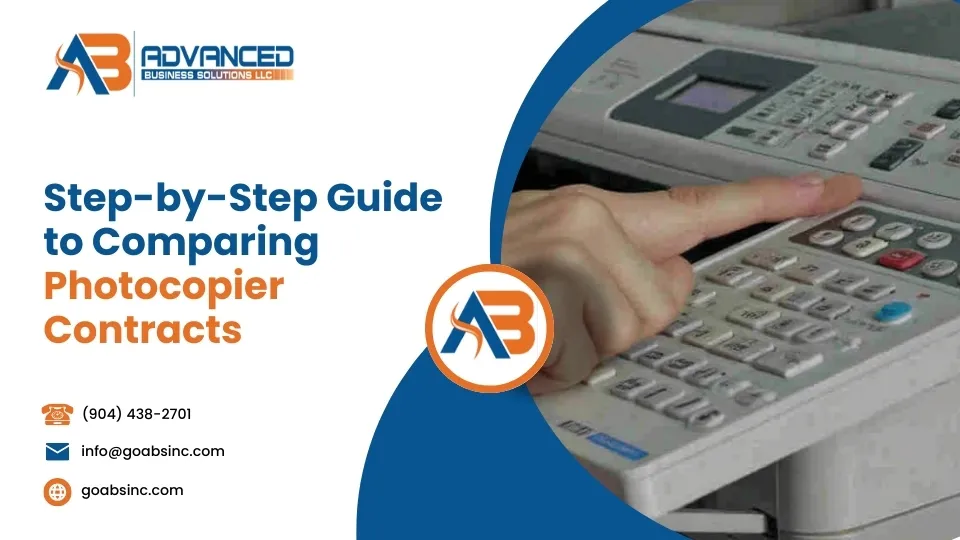



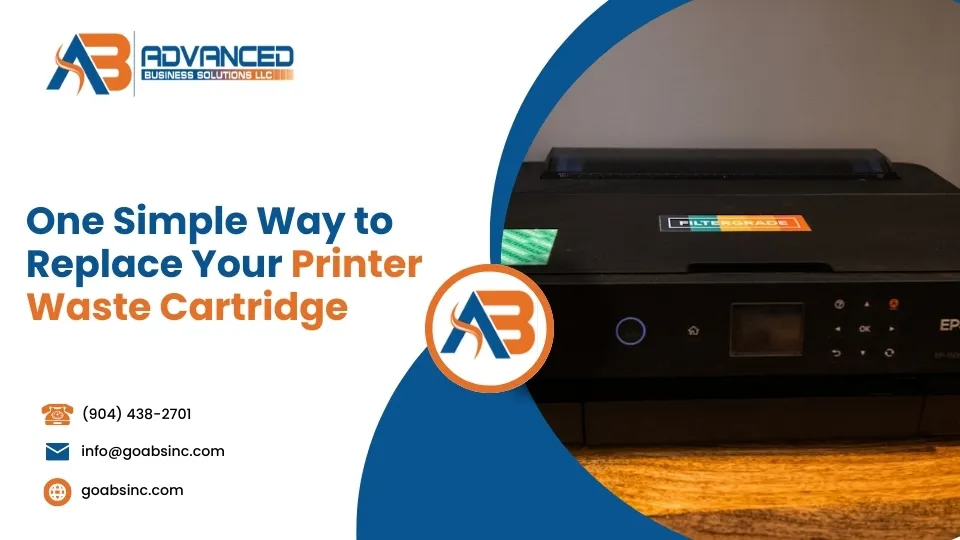
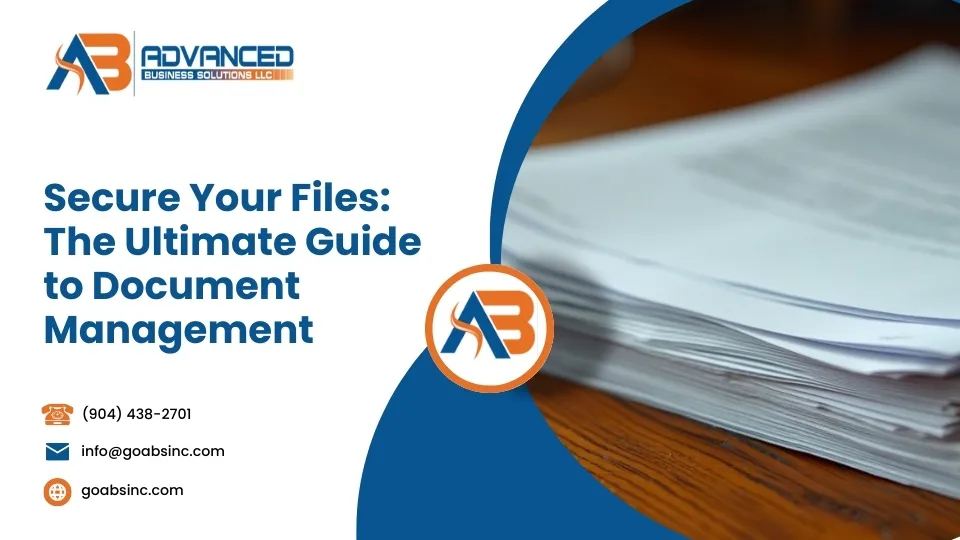
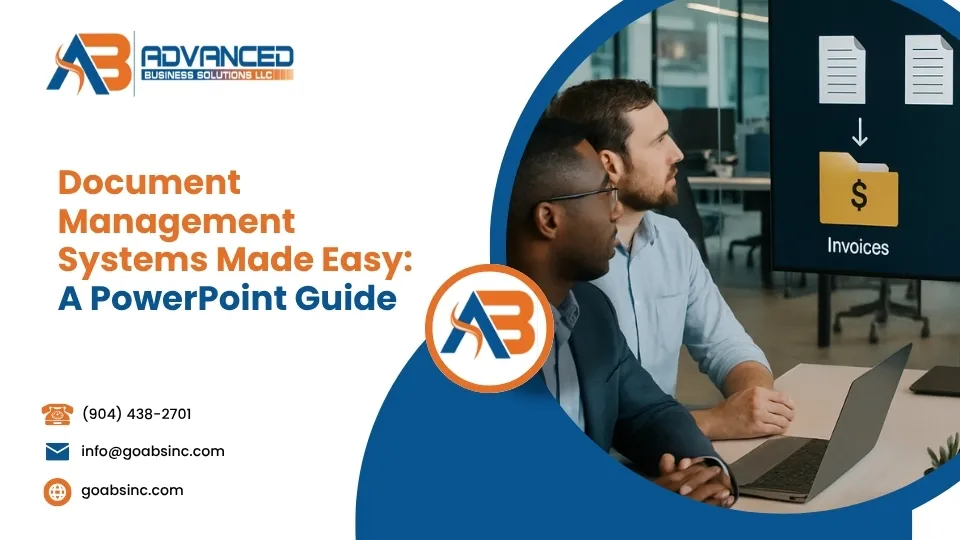

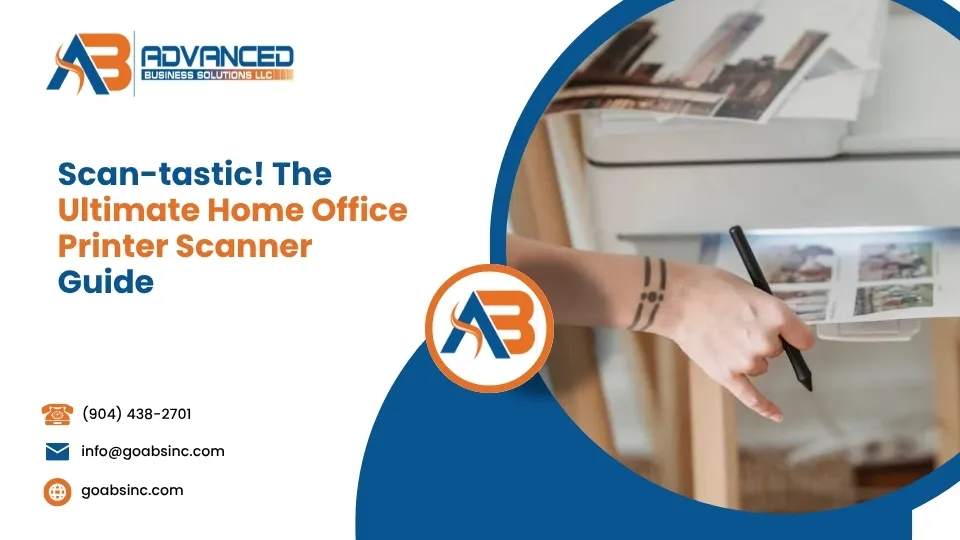
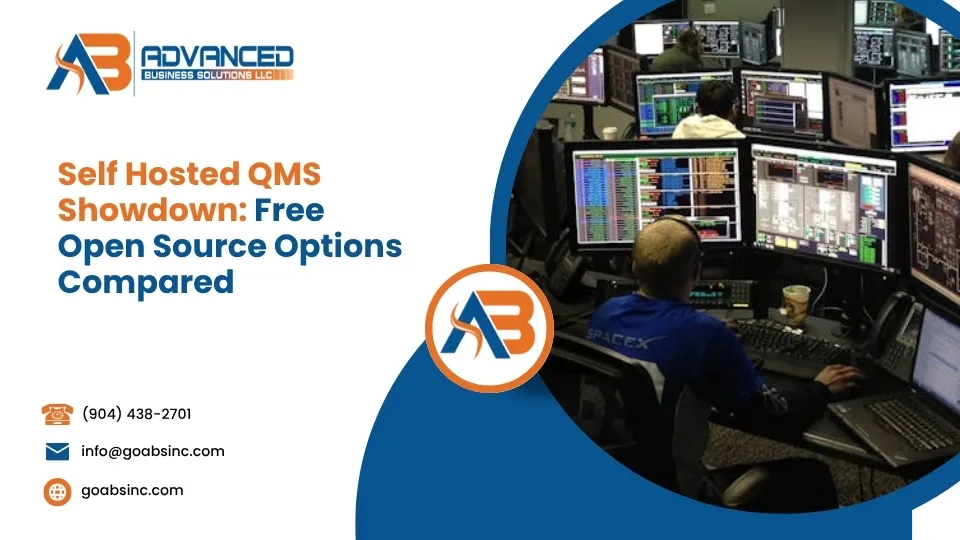
Comments are closed